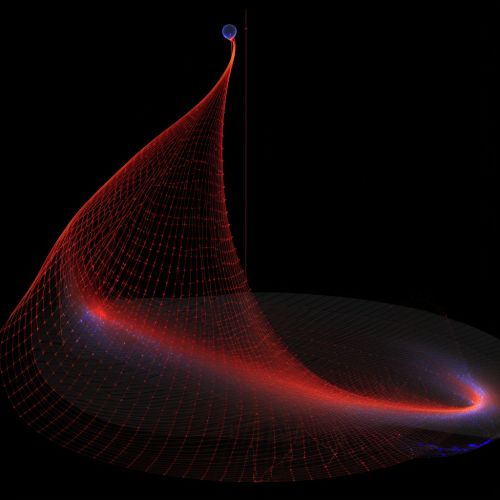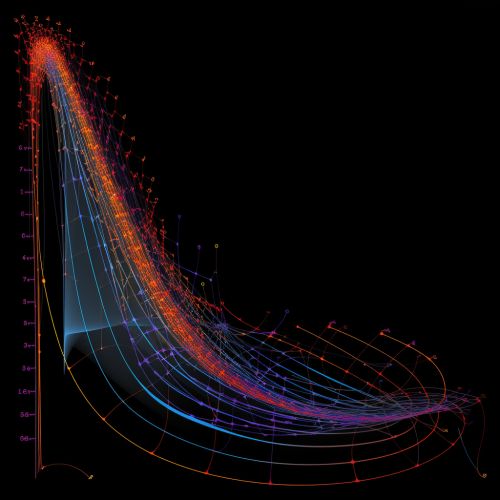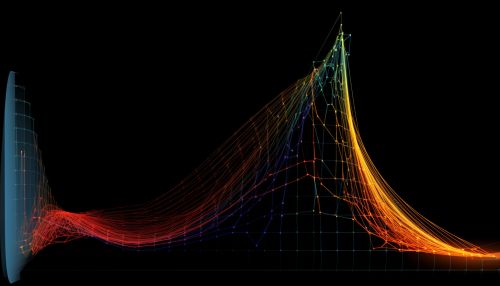Devil's staircase
Introduction
The Devil's Staircase, also known as the Cantor function, is a unique mathematical function that exhibits fascinating properties. It is a singular function, meaning that it is continuous but not absolutely continuous. The Devil's Staircase is an example of a function that is constant on a set of measure one, yet increases from 0 to 1 as the argument ranges from 0 to 1. This function is an important concept in the field of mathematical analysis, specifically in the study of measure theory and real analysis.


History
The Devil's Staircase was first introduced by Swedish mathematician Helge von Koch in 1904. Von Koch was studying the properties of continuous functions that are not differentiable, a topic that was of great interest to mathematicians at the turn of the 20th century. The function was later studied in depth by Polish mathematician Waclaw Sierpinski, who gave it its evocative name due to its step-like appearance on a graph.


Mathematical Definition
The Devil's Staircase can be defined in a number of ways, but the most common definition is as the limit of a sequence of functions. Each function in the sequence is defined on the unit interval [0,1] and takes values in the same interval. The nth function in the sequence is defined by dividing the interval into 3^n equal parts, and assigning to each part the value that is the middle of the corresponding part of the range. As n tends to infinity, these functions converge uniformly to the Devil's Staircase.


Properties
The Devil's Staircase has several interesting properties that make it a subject of study in mathematical analysis. It is continuous everywhere, but differentiable nowhere. This means that it does not have a well-defined slope at any point. Despite this, it is monotonically increasing, meaning that it never decreases. The function is also constant on a set of measure one, yet it increases from 0 to 1 as the argument ranges from 0 to 1. This is a counterintuitive property that is characteristic of singular functions.


Applications
While the Devil's Staircase might seem like a purely theoretical construct, it actually has applications in several areas of mathematics and science. For example, it is used in the study of fractals, where it helps to understand the self-similarity and scaling properties of these complex shapes. The function is also used in the field of dynamical systems, where it can model certain types of chaotic behavior. In physics, the Devil's Staircase appears in the study of quasicrystals and the quantum Hall effect.


